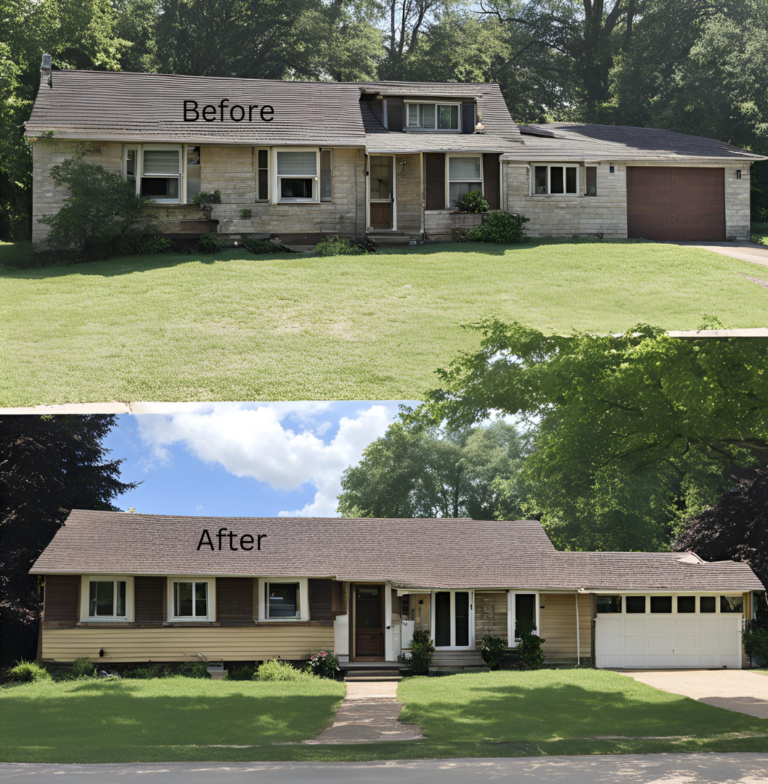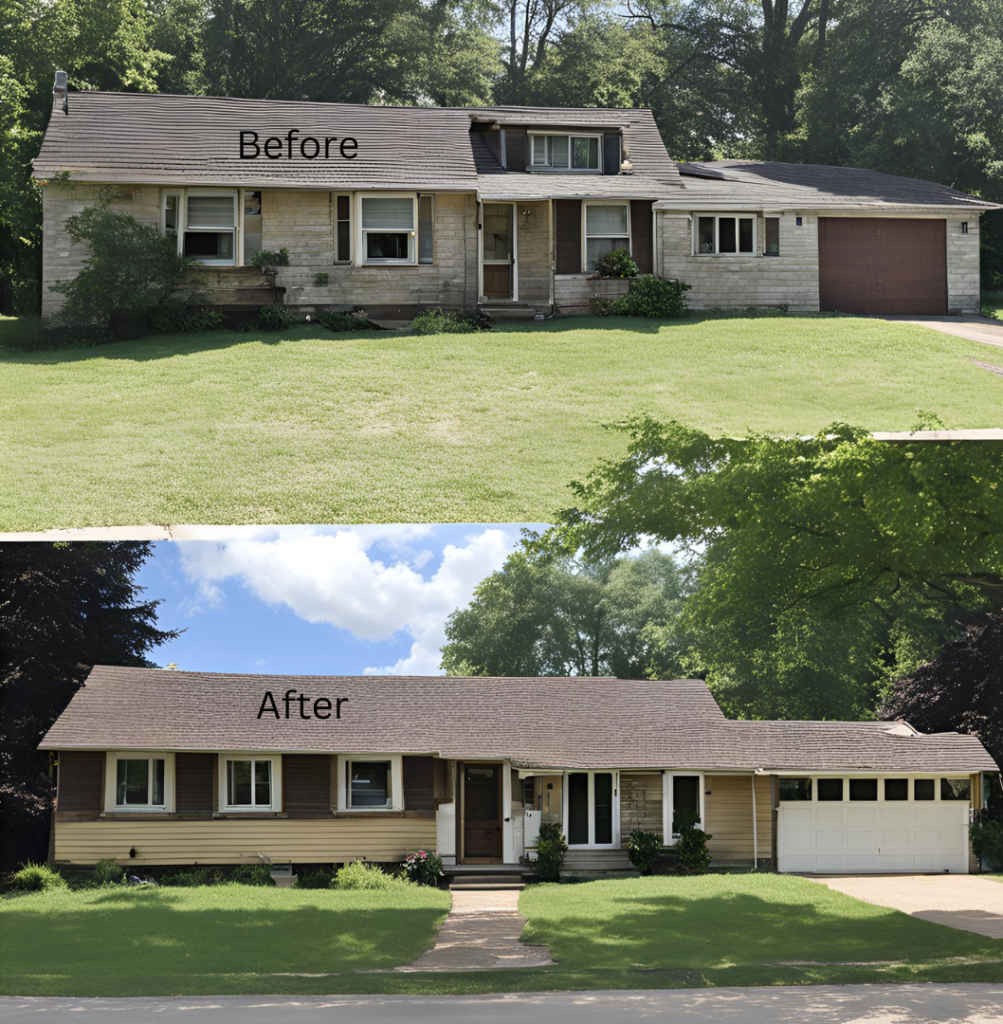Private Money Loans
Private Money
Understanding Private Money
Private money refers to funds that are sourced from private individuals or entities rather than traditional financial institutions like banks. This type of financing plays a crucial role in various sectors, particularly in real estate, business ventures, and personal loans. Below, we delve into the key aspects of private money, highlighting essential keywords to enhance website traffic.
What is Private Money?
Private money is capital that is lent by private investors, often with less stringent requirements than conventional loans. This funding can come from:
- Individual Investors: Wealthy individuals seeking higher returns on their investments.
- Private Equity Firms: Organizations that invest in businesses or real estate projects.
- Crowdfunding Platforms: Online platforms that pool funds from multiple investors.
Key Characteristics of Private Money
- Flexibility: Private money loans often have more flexible terms compared to traditional bank loans, allowing for tailored repayment schedules and interest rates.
- Speed: The approval process for private money loans is typically faster, making it an attractive option for those needing immediate funding.
- Less Documentation: Borrowers may face fewer documentation requirements, easing the burden of obtaining a loan.
- Higher Interest Rates: While private money can be easier to access, it often comes with higher interest rates due to the increased risk for lenders.
Common Uses of Private Money
- Real Estate Investments: Investors often use private money to finance property purchases, renovations, and flips.
- Startup Funding: Entrepreneurs frequently seek private money to launch new businesses or expand existing ones.
- Bridge Loans: These short-term loans help borrowers cover immediate expenses while waiting for long-term financing.
Advantages of Private Money
- Accessibility: Ideal for borrowers who may not qualify for traditional loans due to credit issues or lack of collateral.
- Investor Returns: Offers private lenders the opportunity for higher returns compared to standard investment vehicles.
- Market Responsiveness: Private money can quickly adapt to changing market conditions, providing timely funding solutions.
Conclusion
In summary, private money is a vital component of the financial landscape, offering unique advantages for both borrowers and lenders. Understanding its characteristics, uses, and benefits can help individuals and businesses make informed financial decisions. By leveraging the flexibility and accessibility of private money, investors can achieve their financial goals more efficiently. Contact us today so we can help you.

Fix & Flip
fix & flip explained
Fix and flips refer to a popular real estate investment strategy where investors purchase distressed properties, renovate them, and then sell them for a profit. This process typically involves identifying undervalued homes in need of repairs, making strategic improvements to increase their market value, and then listing them for sale. Key aspects of fix and flips include property acquisition, renovation management, market analysis, and quick resale. Successful investors often focus on location, budget management, and understanding market trends to maximize their returns. This approach can be lucrative for those with a keen eye for potential and a willingness to invest time and resources into property transformation.

SBA Loan
SBA Loan Explained
SBA loans, or Small Business Administration loans, are government-backed financing options designed to support small businesses. When provided by private money lenders, these loans offer an alternative for entrepreneurs who may struggle to qualify for traditional bank financing. Flexible terms, quick funding, and lower interest rates highlight the advantages of using private lenders for SBA loans. These lenders often streamline the application process, allowing for faster approvals and disbursement of funds. By adhering to SBA guidelines, private money lenders can provide small business owners with essential capital for business expansion, equipment purchases, or working capital, making them a valuable resource in the competitive landscape of small business financing.
Equipment Leasing
Equipment Leasing Explained
Equipment leasing is a popular financing option for businesses seeking to acquire essential machinery or technology without the hefty upfront costs. By opting for equipment leasing, companies can enjoy flexible payment terms, lower monthly payments, and the ability to upgrade to the latest models without significant financial strain. This financing solution allows businesses to preserve working capital while maintaining cash flow, making it ideal for startups, small businesses, and large enterprises alike. With benefits such as tax deductions, maintenance coverage, and no large down payments, equipment leasing can enhance operational efficiency and support business growth. Whether for construction equipment, office technology, or manufacturing machinery, leasing offers a strategic approach to managing business expenses and optimizing resources.

New Construction
New Construction loan
A new construction loan is a specialized financing option designed for individuals or builders looking to finance the construction of a new home or commercial property. These loans provide short-term funding during the construction phase, allowing borrowers to cover costs such as materials, labor, and permits. With competitive interest rates and flexible terms, new construction loans can be tailored to meet the specific needs of the project. Once construction is complete, borrowers often convert these loans into a permanent mortgage, providing a seamless transition to long-term financing. Ideal for homebuyers, real estate investors, and developers, new construction loans help facilitate the dream of building a custom property while managing cash flow effectively. Key benefits include draw schedules, interest-only payments during construction, and the potential for higher loan amounts, making them an attractive solution in the real estate market.

Care Facilities
Care facility loan
A new care facility loan is a specialized financing option designed for entrepreneurs and organizations looking to establish or expand healthcare services, such as assisted living, nursing homes, or rehabilitation centers. These loans provide the necessary capital to cover essential costs, including construction, renovation, and operational expenses. With competitive interest rates and flexible repayment terms, new care facility loans are tailored to meet the unique needs of the healthcare industry. They often come with benefits like longer loan terms, low down payments, and the potential for government-backed financing options, making them accessible for both startups and existing facilities seeking expansion. Ideal for healthcare providers and investors, these loans support the growth of quality care services, ensuring that communities have access to essential healthcare resources while managing cash flow effectively.

Fix & Flip
Fix and Flips explained
Fix and flips refer to a popular real estate investment strategy where investors purchase distressed properties, renovate them, and then sell them for a profit. This process typically involves identifying undervalued homes in need of repairs, making strategic improvements to increase their market value, and then listing them for sale. Key aspects of fix and flips include property acquisition, renovation management, market analysis, and quick resale. Successful investors often focus on location, budget management, and understanding market trends to maximize their returns. This approach can be lucrative for those with a keen eye for potential and a willingness to invest time and resources into property transformation.
Strategy &
Logistics
Take Technology to The Next Level
Augmented Reality Experiences
Development
& Estimation
Estimate The Construction Cost
Contact Us
Let's talk about your project

